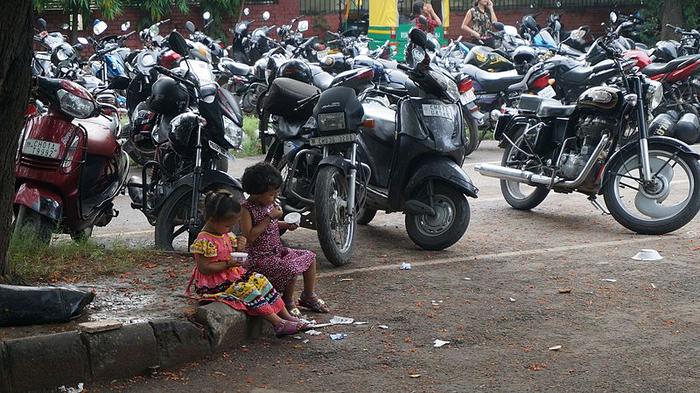Patna High Court Rules against illegal seizure of vehicles

The Patna High Court has made a significant ruling regarding the use of recovery agents by banks and finance companies to seize vehicles from customers who have defaulted on their EMI payments.
The court has declared this practice illegal. Also, it emphasized that it violates the fundamental rights of individuals to life and livelihood.
In a judgment delivered on May 19, Justice Rajiv Ranjan Prasad expressed strong disapproval of banks and finance companies that employ recovery agents.
These recovery agents forcefully seize vehicles from customers who are unable to meet their EMI obligations.
As a penalty, the high court imposed a fine of ₹50,000 on each erring bank and finance company.
Justice Prasad, while disposing of a series of writ petitions, firmly asserted that the act of seizing vehicles through recovery agents is not only illegal but also infringes upon the fundamental rights of individuals to live and earn a livelihood.
The court directed the police to register FIRs against such recovery agents and initiate appropriate legal action against them.
Furthermore, the high court emphasized that banks and finance companies cannot resort to using recovery agents for vehicle seizure in cases of EMI default.
Instead, they must adhere to the provisions of securitisation, which empower banks and finance companies. Thus, they can recover outstanding debts by taking possession of the mortgaged property belonging to the defaulting customer.
This significant judgment by the high court was issued in response to five writ petitions concerning the forceful seizure of vehicles from customers who had defaulted on their EMI payments.
The Patna High Court has taken a strong stance against the use of recovery agents by banks and finance companies to seize vehicles from customers who have failed to meet their EMI obligations.
The court’s ruling deems such actions as illegal and in violation of fundamental rights.
This decision serves as an important precedent in protecting the rights of individuals and ensuring fair practices in the banking and finance sector.
Image Credit: Fredericknoronha, CC BY 4.0, via Wikimedia Commons
Image Reference: https://commons.wikimedia.org/wiki/File:Two_wheeler_parking_lot_in_Chandigarh_India.jpg










Leave a Reply